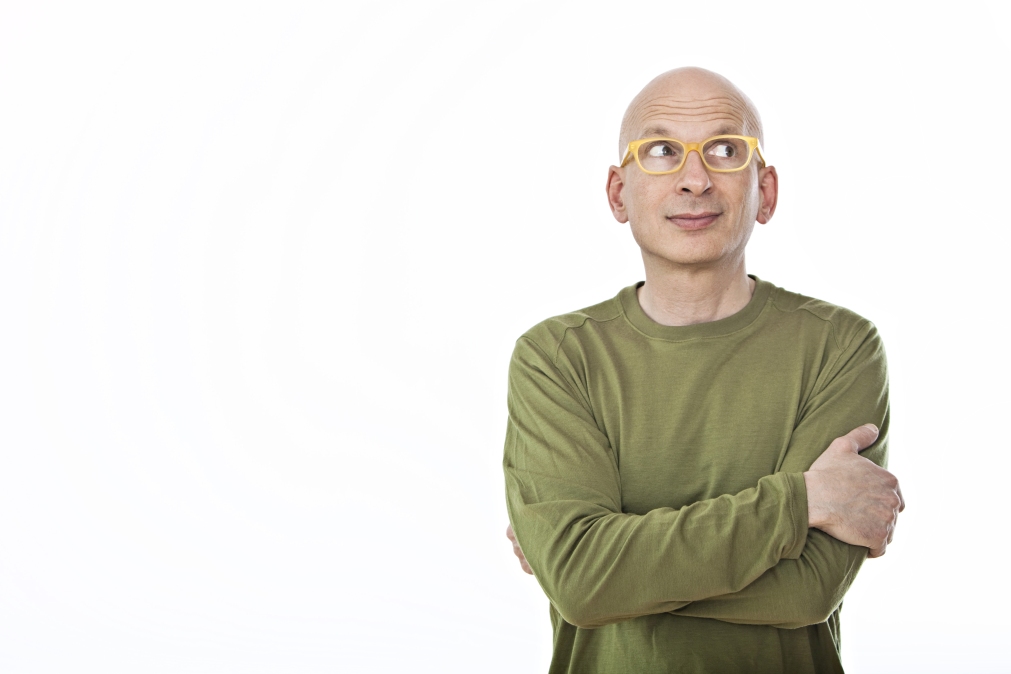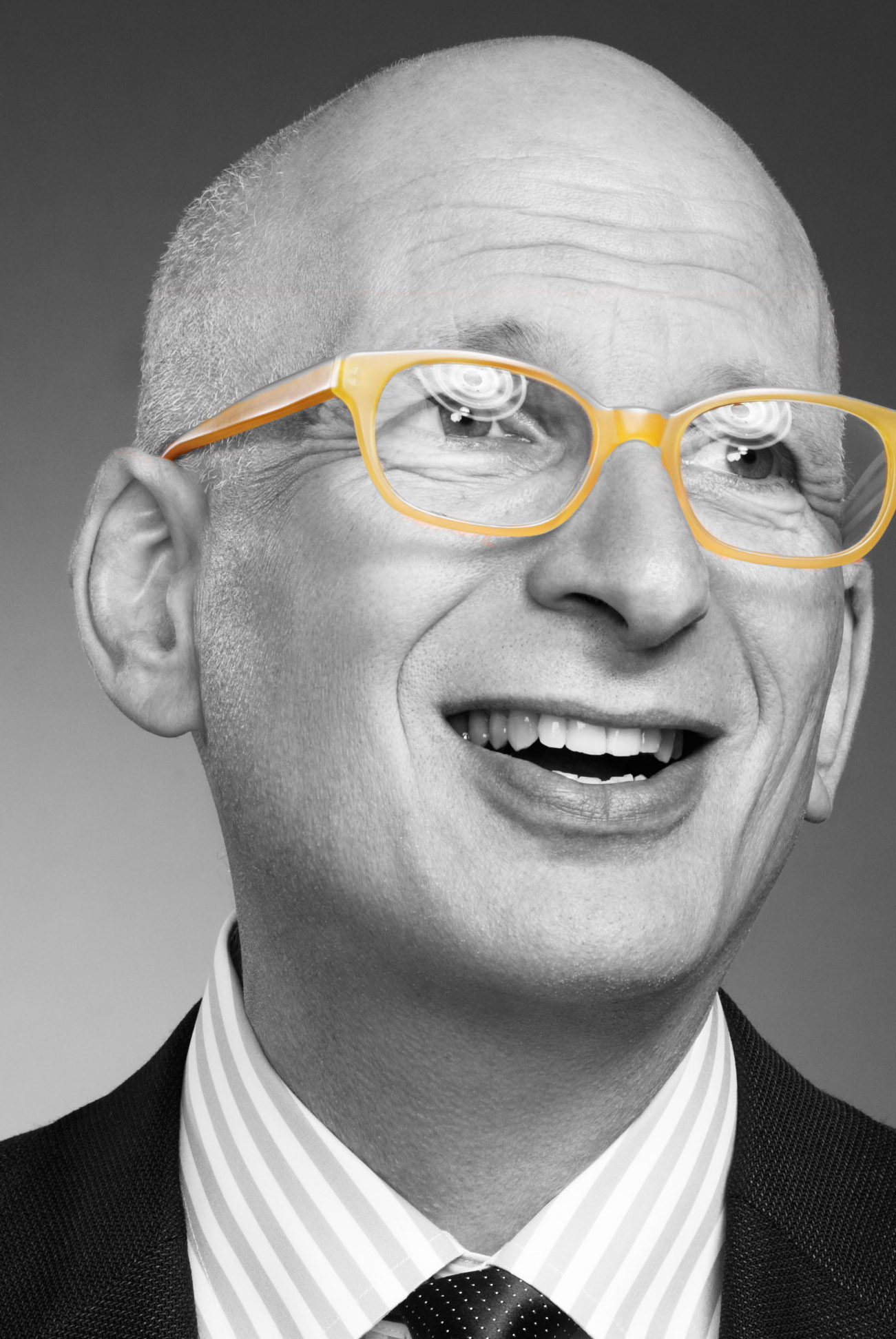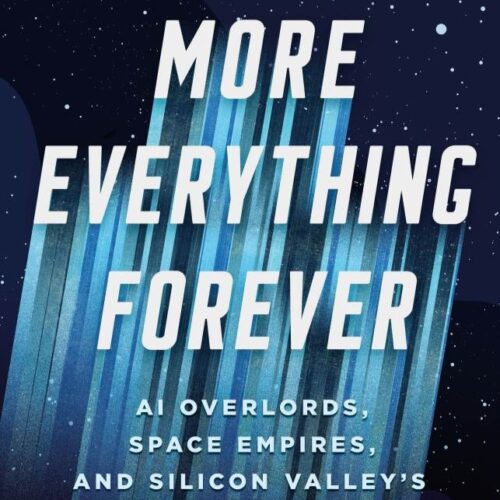Seth Godin: Science Fiction is Really Important But Not Because It’s Right
Socrates / Podcasts
Posted on: May 8, 2015 / Last Modified: January 12, 2022
Podcast: Play in new window | Download | Embed
Subscribe: RSS
 There are 3 individuals who have had the most impact on what I’ve been doing for the past 5 years: Ray Kurzweil – who helped me to see deeper into the exponential growth and disruptive nature of technology; Seth Godin – who inspired me to pick myself and begin my journey into blogging and podcasting despite the potential for failure, and fail I did. And, finally, my wife Julie – who is the main reason why I’ve persisted when, on numerous occasions, I have felt like giving up. Thus it is a dream come true to have the privilege to steal 45min out of Seth Godin’s busy life just for me and you. And so I hope you enjoy it as much as I did.
There are 3 individuals who have had the most impact on what I’ve been doing for the past 5 years: Ray Kurzweil – who helped me to see deeper into the exponential growth and disruptive nature of technology; Seth Godin – who inspired me to pick myself and begin my journey into blogging and podcasting despite the potential for failure, and fail I did. And, finally, my wife Julie – who is the main reason why I’ve persisted when, on numerous occasions, I have felt like giving up. Thus it is a dream come true to have the privilege to steal 45min out of Seth Godin’s busy life just for me and you. And so I hope you enjoy it as much as I did.
Please have in mind that this was not intended to be one of the usual conversations on the usual topics that Seth often gives. So if this is what you were looking for then you are better off to go read any one of Godin’s fantastic books because regardless of which one you pick you can’t go wrong. Whether successful or not, this conversation was intended to be different by covering a variety of topics that Seth doesn’t speak often about. Those topics include but are not limited to: what is to be human and how technology changes both the meaning and the question; art and doing work that matters; technological unemployment and basic income; transhumanism, life-extension, and hubris; ai and the technological singularity; consciousness and free will; abundance, scarcity, industrialism, and capitalism.
My favorite quotes that I will take away from this interview with Seth Godin are:
Ethics and morality are merely parts of being human. Not something you want to get paid for.
Big and small are issues of scale – those are industrial terms… I don’t care how big the audience is. I care about the fact that people are choosing to listen…
Science fiction is really important. But it’s not important because it is right – because it is almost never right. Science fiction is important because it makes us think deeply about what might be…
As always you can listen to or download the audio file above or scroll down and watch the video interview in full. To show your support you can write a review on iTunes, make a direct donation or become a patron on Patreon.
Who is Seth Godin?

Seth Godin is the author of 17 books that have been bestsellers around the world and have been translated into more than 35 languages. He writes about the post-industrial revolution, the way ideas spread, marketing, quitting, leadership, and most of all, changing everything. You might be familiar with his books Linchpin, Tribes, The Dip, and Purple Cow.
In addition to his writing and speaking, Seth has founded several companies, including Yoyodyne and Squidoo. His blog (which you can find by typing “seth” into Google) is one of the most popular in the world.
In 2013, Godin was inducted into the Direct Marketing Hall of Fame, one of three chosen for this annual honor.
Recently, Godin once again set the book publishing on its ear by launching a series of four books via Kickstarter. The campaign reached its goal after three hours and ended up becoming the most successful book project ever done this way. His latest, The Icarus Deception, argues that we’ve been brainwashed by industrial propaganda, and pushes us to stand out, not to fit in.








